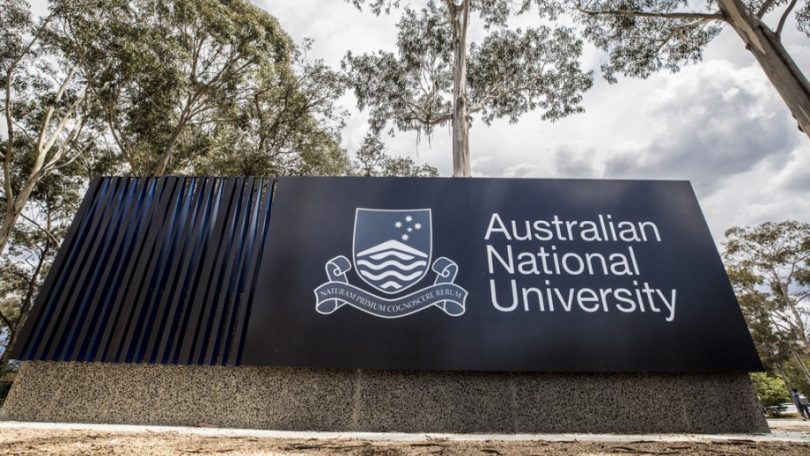
ANU Vice-Chancellor Professor Brian Schmidt: ”The stark reality is: we need to save money.” Photo: ANU.
The Australian National University will need to lose a further 215 positions as part of a downsizing of the university due to the financial impacts of the COVID-19 pandemic.
The ANU has already had 230 COVID-19-related voluntary redundancies and a further 20 are expected within weeks. The additional staff losses are needed to save $103 million a year to 2023 under a recovery plan approved by the ANU Council.
It is hoped the new job losses would be voluntary and the ANU has launched a campus-wide consultation seeking interest, but forced redundancies will be used as a last resort if enough staff do not come forward.
Job losses so far had come from across the campus, the ANU said.
The ANU Council says that by the end of 2020 the university will need to retain cash to the equivalent of three months’ operational expenses, or $250 million, to ensure it can pay its expenses, including salaries and bills.
The deferral of the 2020 and 2021 pay rises has already saved $13.5 million and has been put towards keeping up to 90 positions.
Vice-Chancellor Professor Brian Schmidt told staff by email yesterday (16 September) that the sacrifices made during the year had not been enough to sustain the ANU into the future.
”The stark reality is we need to save money, and this will mean spending a lot less, both on our non-salary expenditure, but also on salaries,” he told staff.
”This is not a course of action we wanted to take, but it is our only viable option going forward if we want to remain a sustainable, stable university.”

The university will be smaller and its international student cohort more diverse. Photo: ANU.
In a nod to the strained relationship with China and a more distant US, Professor Schmidt said that Australia would need to become more self-reliant for its security, more diverse in its economy, and more agile in its governmental responses to a rapidly changing environment.
”ANU, as the national university, needs to step up and help the country prosper in the years to come,” he said.
But the university will be smaller and its international student cohort more diverse, with less reliance on the Chinese market, a process the ANU had already begun.
The ANU said its international student numbers were down to below 2017 levels and will likely fall further in 2021 to be 30 per cent down on 2019, which will place a significant strain on the budget.
On 31 July, Council approved the 2020 revised budget forecasting an operating deficit of $219 million, with revenue over the next three years unlikely to grow much on 2020 levels.
Without cutting costs, the ANU said it would face a deficit of $192 million in 2021 and similar amounts in 2022 and 2023.
As well as salary savings, the ANU will limit the use of consultants and contractors, limit travel, invest in greenhouse gas emission reductions, improve procurement of goods and services, reduce non-salary costs such as printing, negotiate better rates for airline and travel when business travel recommences, and use flexible working arrangements to reduce the need for workspaces.
Professor Schmidt said the university was also working to increase revenue through business engagement, philanthropy, and ”working more closely” with the Commonwealth.
”We are also doubling down on our efforts to recruit a talented cohort of new students from around Australia and around the world in the years to come. These efforts will pay a significant dividend over time, and will help ANU recover from the economic shocks related to COVID-19,” he said.
In 2021, the ANU will again scale back its capital investment plans, with the completion of works in progress and a focus on safety and compliance.
It will take on an additional $180 million in debt.



















